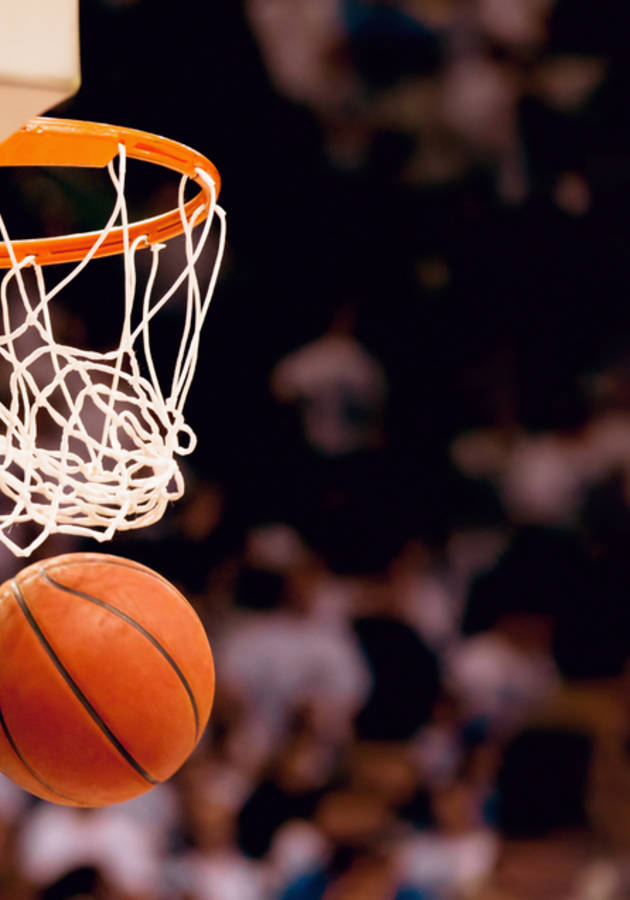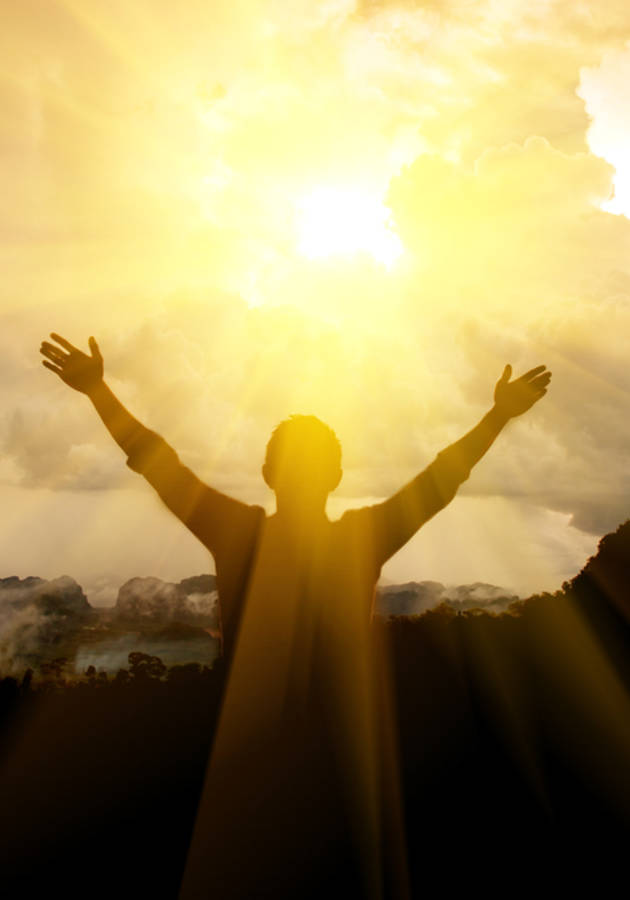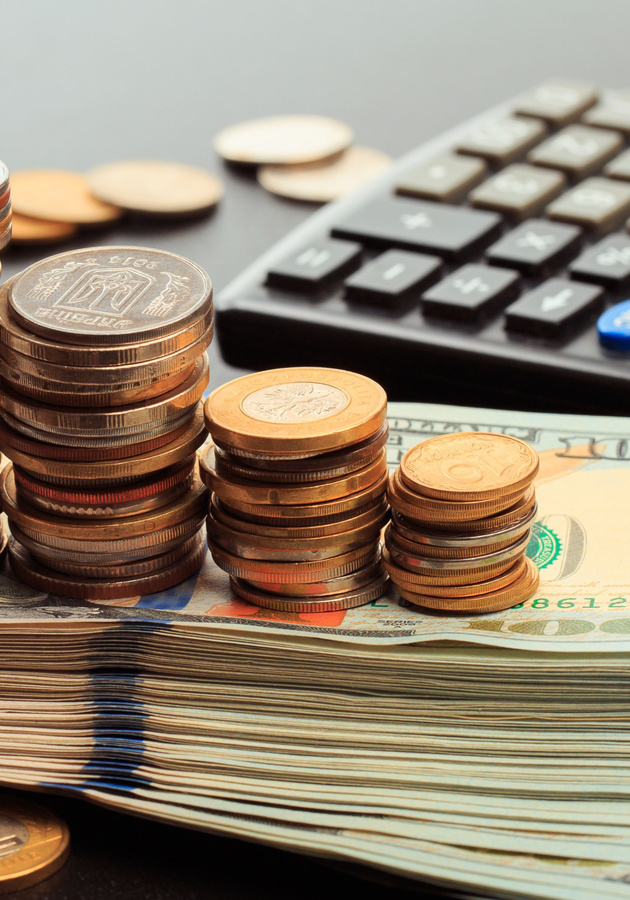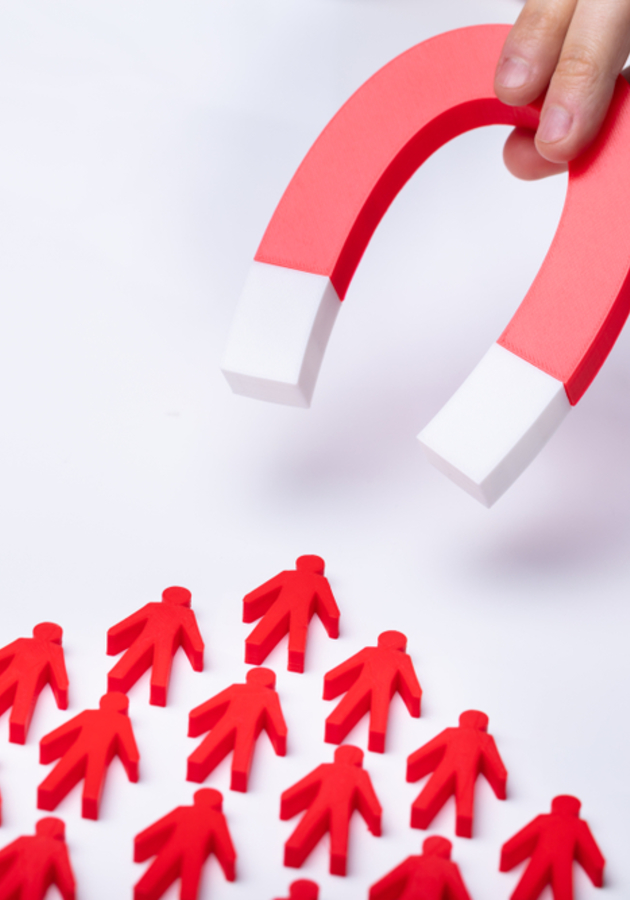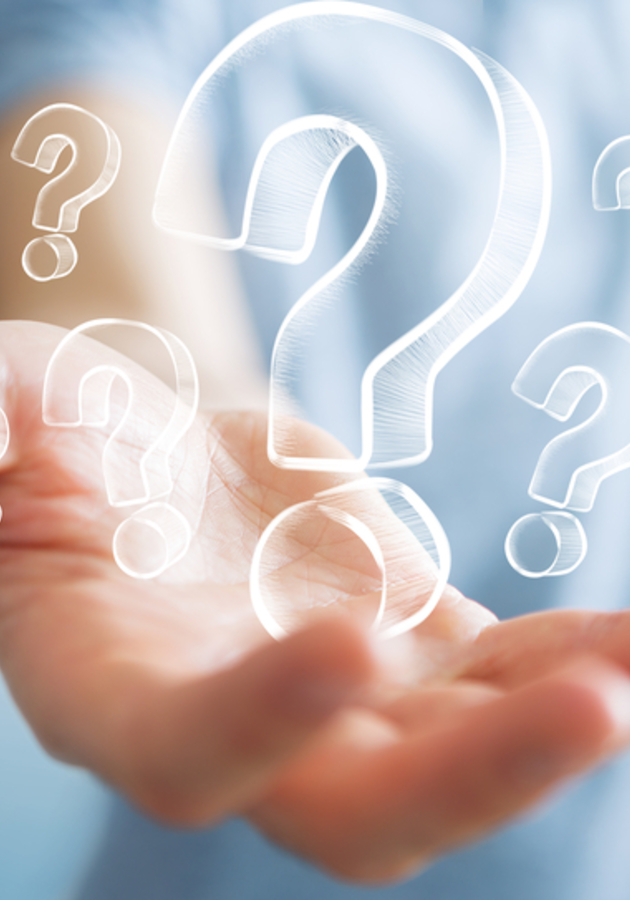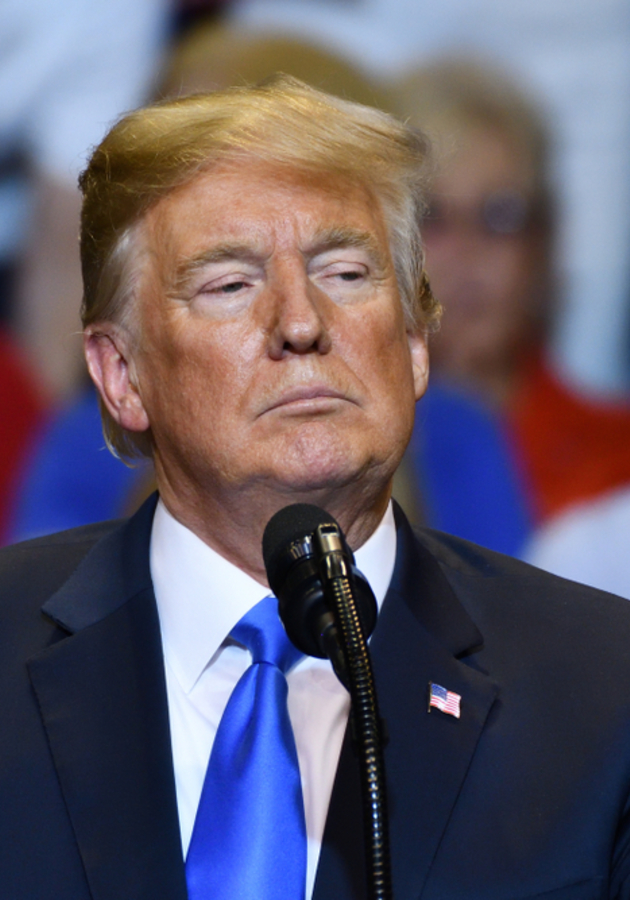Even if you only possess a cursory knowledge of professional basketball and the NBA, there’s a good chance that you know the names “Larry Bird” and “Magic Johnson.” In fact, if you were a fan of the NBA during the 1980s, then you certainly know that both of these players shared one of the most heated rivalries the league had ever seen. Numerous other sports writers have covered this rivalry over the years, but never the two Hall of Famers themselves. That’s just one of the reasons When the Game Was Ours stands out in the growing field of sports autobiographies.
This book also manages to distinguish itself on the court because it is told primarily through the direct recollections of both Johnson and Bird (with the help of writer Jackie MacMullan). As a result, each chapter of this book is able to cut through the speculation and directly engage how both players felt about the sport and their burgeoning rivalry, starting from their college days and continuing all the way up until 2002, when Johnson had his old rival introduce his Hall of Fame induction.
On its surface, When the Game Was Ours feels like it should land squarely on the reading list of basketball aficionados and fans of the Lakers and Celtics, respectively. But something about Johnson and Bird’s tone throughout the work is endearing even beyond the context of athletics, so fans of literature about old rivals are sure to love it, too.
How things were during those college days
Though they were stars in their own right, you wouldn’t have been out of the loop if you hadn’t heard of Larry Bird and Ervin “Magic” Johnson before March 26, 1979. It was on that day that their respective teams, the Michigan State Spartans and the Indiana State Sycamores, were set to meet on the hardwood in Salt Lake City, Utah, for the NCAA National Championship game. But this story doesn’t open on that date. Instead, the narrative on the Magic-Bird rivalry begins just the day before, on March 25, 1979.
A “first” meeting for the ages
On that day, Johnson and Bird “met” in one sense of the word. In truth, they had met properly the year before as part of an international All-Star team, as this book’s first chapter chronicles. But this was their first “meeting” as opponents, and it occurred under fairly auspicious terms. In fact, Johnson and Bird’s recollections tell of the ISU team barging into the MSU practice on that day, perhaps in an effort to “make a statement.” Johnson’s reaction to the event effectively sums up a kind of renewed first impression – “I didn't know they were cowboys… just what are those country guys trying to pull?”
Writer Jackie MacMullan, in an effort to build up the intensity for the topic at hand, sidetracks at this point and describes the sporting world as it revolved around Bird and Johnson at the time. She describes how Bird had recently become a target of professional recruiting. Meanwhile, Johnson was focused on leading his team to a college championship before casting his lot in the “big show,” the NBA. Even readers who didn’t experience this paramount moment in sporting history will feel the palpable tension in these recollections, particularly due to the manner in which they dig directly into how both of these future Hall of Famers felt about their experiences at the time.
MacMullan ensures that this autobiography has the key biographical elements needed to make it an effective historical document as well, particularly in her recap of both the Spartans’ and Sycamores’ respective roads to the national championship. The writer ensures that the cover characters remain the focus at this point by describing both players’ leadership through the season, with a healthy sprinkling of their stats for good measure.
Finally, after all of the pomp and circumstance, MacMullan returns the focus back to the National Championship game and allows Magic and Bird to take the mic. In recounting the game, both players provide insights into their feelings and emotions in the heat of “battle,” particularly with hindsight towards what their rivalry would evolve into. Though this retelling of Bird and Johnson’s college career closer signals the end of the first stage of their rivalry, you’ll be hard-pressed to stop here, because both former players make clear that there was so much more awaiting their rivalry on the professional courts.
A rivalry emerges
As this narrative shifts its focus to the main event of the Johnson-Bird professional rivalry, you’ll be exposed to some truly captivating look-ins at landmark moments in both players’ careers. For example, while digging into an NBA Finals game in Magic Johnson’s rookie season with the LA Lakers that was remembered as one of his finest hours, MacMullan highlights that Larry Bird was watching his burgeoning rival on TV (after his own team, the Celtics, had been knocked out of the playoffs). Bird relates that, upon seeing Johnson’s standout performance, “I found myself rooting for him even though I didn't like him” – a sentiment that you’ll quickly find symbolizes their rivalry eloquently over the years.
But MacMullan doesn’t focus on this singular moment as often as she engages the moments where the Johnson-Bird rivalry blossomed on the court. In fact, the fifth chapter opens right after the conclusion of a still-memorable Game 7 finals conclusion that saw Bird’s Celtics triumph at home in Boston over Magic’s Lakers in 1984. Though the events of this chapter occur from different perspectives – with Bird relishing victory and Johnson wallowing in defeat – you can’t help but feel that the emotions felt on both sides at the time crystallized the duo’s heated rivalry for the foreseeable future. One of Bird’s celebratory remarks even made the rivalry’s endlessly renewable nature clear – “I finally got him…I finally got Magic.”
Even some of the less intense moments described over the course of this narrative bring a human element to the long-enduring rivalry. For example, you won’t be able to help but laugh to learn that for a fair portion of their simultaneous careers, both Bird and Johnson would make a habit of checking the daily newspapers to read their rival’s stats for the previous evening. You may even begin to feel that a hyper-fixation of sorts is growing between the pair as the narrative progresses, an idea which MacMullan does not disprove in successive chapters covering the pair’s off-court interactions.
The duo's third meeting happened during the NBA Finals in 1987. Through this recollection, we can see the previously heated rivalry mature in a manner that represented more mutual appreciation of skill, rather than a disdain for comparative inadequacy. This makes Johnson and Bird’s quotes at this point all the more impactful, not least because it appears that even they felt that the tide was turning on how the pair would face off, both on the court and away from it.
Friendship, on and off the court
Both Bird and Johnson played well into the 1990s, with Bird leaving his playing days behind in 1992. But a year before that, a major event transpired in Magic Johnson’s life that allowed what had long been a rivalry with Bird to transform into a friendship (among other major changes for the athletic star). It was in that year, on November 7, that Johnson went public with information regarding his recent HIV diagnosis.
But before the public knew, Johnson felt that it was right and proper to let people important in his life, such as his family and his managers, know the truth. So, for you, it may be surprising that he did his perennial rival the kindness of letting him know the major news before it leaked out. As Johnson relates, he was worried that the news of his acquisition of such a stigmatized and poorly-understood disease at the time would cause people whom he respected, like Bird, to change their mind about him. Johnson describes the feeling succinctly, though – “What will Larry think? What will Michael Jordan think?”
On the other side of the story, Bird relates that learning the news very literally took his breath away. He even went so far as to call the man who had once represented his athletic foil to console him in the wake of the earth-shattering news. Bird’s recollections of this moment pierces the veil of emotion most effectively because they succinctly show the moment when all of the fighting and all of the on-court antagonism no longer mattered. In this way, you can clearly see how much the duo valued the friendship that they had stumbled into.
Undoubtedly, this particular recollection will be the most memorable for you, even if you lived through the early 1990s yourself and recall the events personally. There’s so much raw emotion packed into this chapter alone that it will be hard for you to finish it without needing to wipe away a tear or two.
Retirement, but not an ending
This stirring autobiography dovetails with two chapters that highlight a sunset period for the rivalry, as both Bird and Johnson transitioned into their post-NBA lives. Bird, though, receives a slightly larger focus due to the planned nature of his retirement (compared to Johnson, who was forced into retirement due to the aforementioned HIV diagnosis). In all though, both players receive equal coverage, particularly when it comes to the duo’s acute health problems as the early 1990s carried on.
You may end up getting a little choked up all over again, though, as Johnson’s difficulty in regaining normalcy following his diagnosis is on full display. Johnson, through MacMullen, relates how downtrodden he felt when some of his peers turned against him publicly. Johnson makes special note of how Karl Malone and Bryan Colangelo publicly cast aspersions about the time they had all spent as teammates and members of the 1992 Summer Olympic “Dream Team.”
Some hope remains
You will find a spot of hope towards the conclusion, though, both for Johnson personally and for his mutual rivalry-turned-friendship with Larry Bird. First, in 1996, Johnson returned to the court for one final season with the LA Lakers. Though his team lost in the first round of the playoffs, this small consolatory action shows simply how resilient Johnson was, and still is, as a person. He even puts a perfect accent on the reality of his improbable comeback – “I wanted to end it on my terms, not on someone else's terms.”
As for the rivalry, MacMullen wraps it up with a poetic bow. Late in 2002, Johnson and Bird come back together after not seeing each other for three years. The occasion was for Johnson’s induction into the Basketball Hall of Fame, an honor Johnson had received several years earlier. That being said, this moment was different because Johnson, in recognizing the friendship that the two shared, had asked Bird to do him the honor of introducing him for the induction.
Here again, you get an undeniable taste of just how personal the recollections in this book are. This final chapter is rife with emotion-laden quotes from the pair, each of which speaks volumes about two of the greatest players of an era.
Final Notes
As even a cursory read through When the Game Was Ours will show you, the relationship between Larry Bird and Magic Johnson was about far more than athletic competition. Indeed, as Jackie MacMullen’s narrative shows, this duo’s friendship was far more valuable to both in the long run, particularly when hardships sprung up in each of their paths. When the Game Was Ours truly gets to the heart of Bird and Johnson like no other biography ever has before, making it a great pick for folks who love basketball or who simply appreciate the ways in which two rivals can connect.
12 Min Tip
When a rival challenges your throne, you should embrace that, because a little bit of competition can help you stand out and earn your place in this world.
